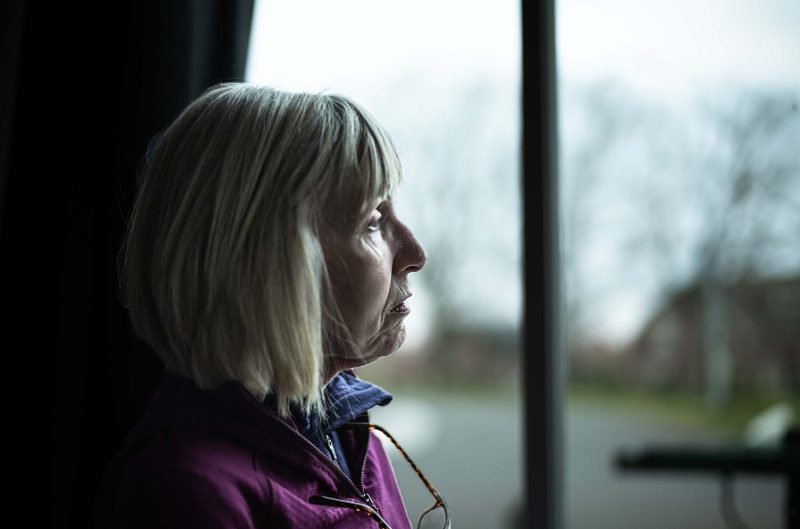“Spring Forward. Fall Back.”
Do you remember that mnemonic device to recall, which direction to turn the clocks for Daylight Savings Time?
On Nov. 3, we turned our clocks back one hour to end Daylight Savings Time. While many people enjoy receiving the extra hour of sleep that night, some people struggle with negative effects.
“Sleep-cycle changes can precipitate mood disturbances,” said Benjamen C. Gangewere, DO, associate medical director of Behavioral Health and Psychiatry Residency program director at Penn Highlands Healthcare.
“The end of Daylight Savings Time can affect mental health, particularly in people who already experience behavioral health issues.”
It is important to note that the end of Daylight Savings Time coincides with the time of year when people begin to experience winter seasonal affective disorder (SAD). In the United States, SAD may last nearly 40 percent of the year and impact approximately 5 percent of the adult population.
What are the symptoms of SAD?
The symptoms of SAD are typically those that are associated with depression which include:
- Persistent sad, anxious or an “empty” mood most of the day, nearly every day, for at least two weeks
- Feelings of hopelessness or pessimism
- Feelings of irritability, frustration or restlessness
- Feelings of guilt, worthlessness or helplessness
- Loss of interest or pleasure in hobbies and activities
- Decreased energy, fatigue or feeling slowed down
- Difficulty concentrating, remembering or making decisions
- Changes in sleep or appetite or unplanned weight changes
- Physical aches or pains, headaches, cramps or digestive problems that do not have a clear physical cause and do not go away with treatment
- Thoughts of death or suicide or suicide attempts
For winter SAD, additional symptoms may include:
- Oversleeping (hypersomnia)
- Overeating, particularly with a craving for carbohydrates, leading to weight gain
- Social withdrawal (feeling like “hibernating”)
Who develops SAD?
SAD occurs more frequently in females and often begins in young adulthood. Winter SAD is more common in people living in the north where days are shorter during the winter months. In addition, people with SAD tend to have other behavioral health disorders such as frequent bouts with anxiety, attention-deficit/hyperactivity disorder or an eating disorder. It also can be hereditary and is commonly diagnosed in people who have family members with other behavioral health issues.
How is SAD diagnosed?
People who suspect that they have SAD should talk with their healthcare provider to discuss their symptoms. The provider will ask a series of questions to determine if the symptoms meet the SAD criteria.
How is SAD treated?
SAD treatments include:
- Light therapy – People sit in front of a very bright light box every day early in the morning for 30-45 minutes from fall through spring. The bright light makes up for the diminished natural sunlight in the darker months.
- Psychotherapy – Psychotherapy teaches people with SAD new behaviors to change negative thoughts related to the season that can lead to depression and anxious feelings to more positive thoughts.
- Medication – Antidepressants can be used to help regulate serotonin in the brain which can enhance a person’s mood.
- Vitamin D – Since people with SAD often have a Vitamin D deficiency, supplements may help improve symptoms.
The first step toward treatment of SAD is to have a definite diagnosis. Penn Highlands Healthcare offers comprehensive behavioral health services throughout Pennsylvania.
Teams of psychiatrists, clinical psychologists, licensed clinical social workers and licensed professional counselors provide a variety of inpatient and outpatient behavioral health services to treat the unique mental health concerns of patients of all ages, including children age 5 and up, adolescents and teens, adults and seniors.
To learn more, visit www.phhealthcare.org/bhs.
